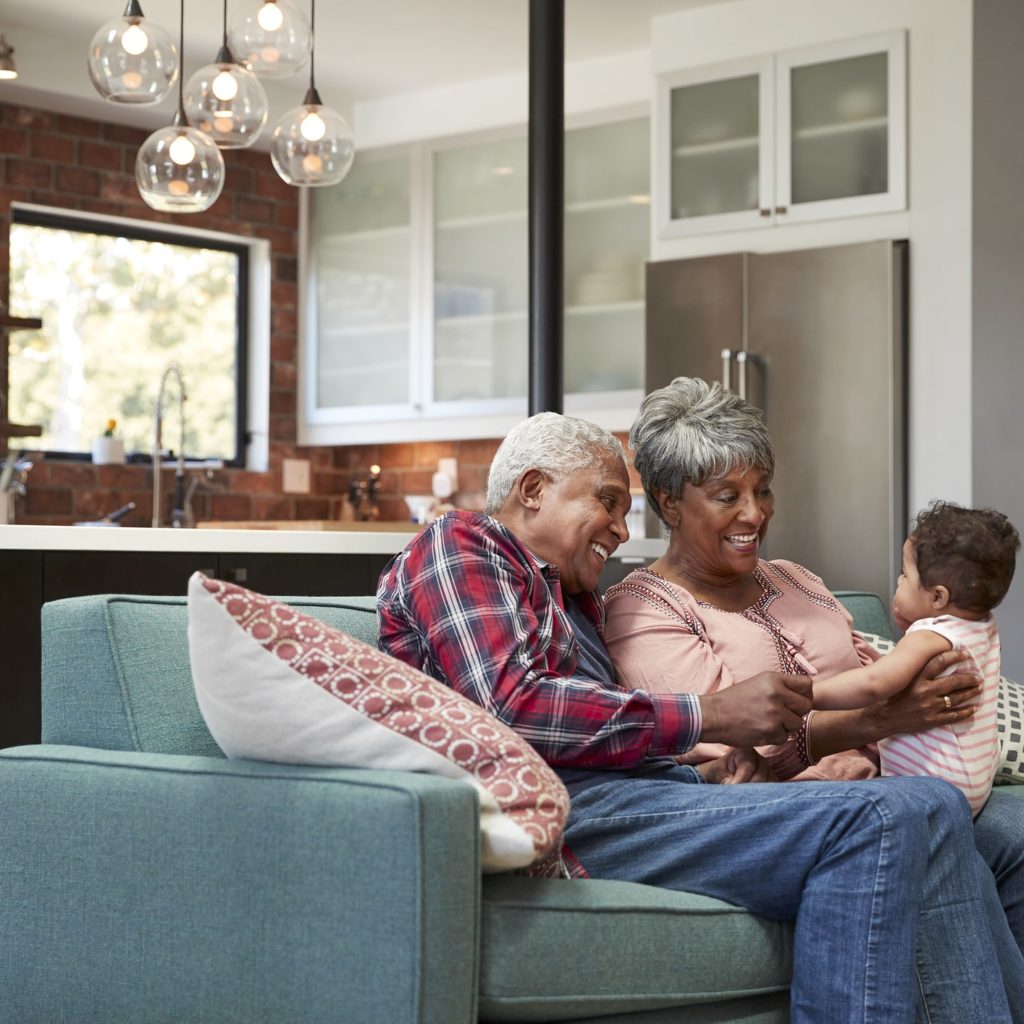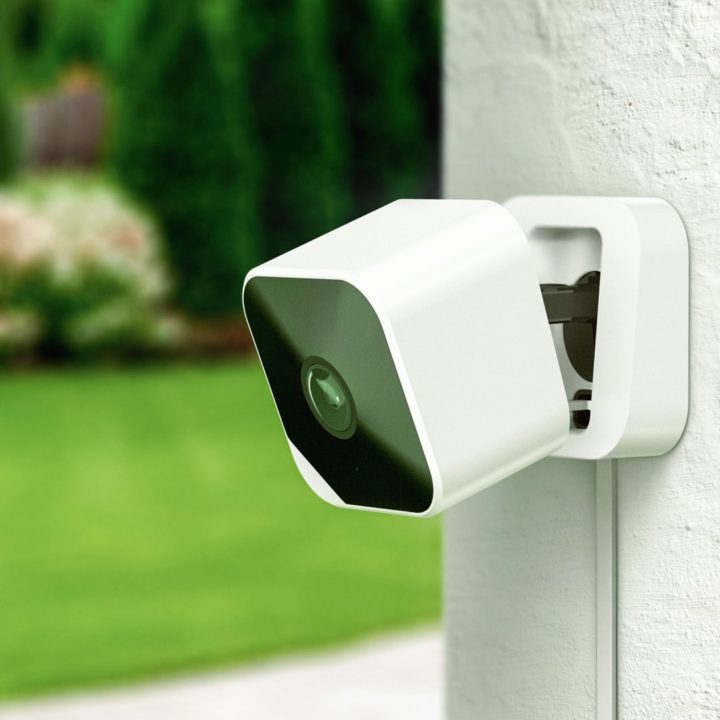5 Home Security and Safety Tips For Seniors

Today, many seniors want to lead an independent life. If you are an elder and living alone, you need to ensure your safety. Remember that you are very vulnerable to potential burglars because criminals consider senior citizen an easy target. Installing a home security system can help you remain safe and live independently at your home.
Besides protecting against criminals, your health is essential. You need a medical alert system to respond to medical emergencies whenever they occur. Keep in mind that a fall can lead to complications for seniors, especially those with some physical impairment. To cater to your health and security as an independent senior, you need an elaborate security system. Here are some deterrents and tips that you can implement to ensure your safety.
1. A peephole on your door
You first want to identify the person knocking on your door before you decide you will let them in or not. Never open your door (even slightly) to a stranger. Strangers include delivery person, police officer, or other service personnel you did not request to visit your house. Always carry your phone with you whenever responding to a knock on your door. Ask the person to provide their identity, including name and phone number of their company and call to verify the credentials they provide. If you suspect anything, call the police right away. Call for help whenever someone refuses to leave or becomes insistent or aggressive.
2. Install Strong Doors and Windows
Go for solid wood or metal for doors that grant access from outside. You also need a sturdy frame for the door. You can install a metal frame or reinforce the current structure. Install deadbolt locks on all doors that lead outside. Install double glazed window panels on all your windows. Alternatively, you can install security films, or use Plexiglas on the inside to make it difficult for someone to break the glass. Check out our detailed list on how to protect your doors here.
3. Lock all doors and windows downstairs
Do this all the time, whether you are at home and away from home. An unlocked window or door is an easy-access way for a criminal. Also, burglars often target the door and windows to gain access to your home without being noticed. If your house has a gate, always keep it locked. Your visitors know your phone number, and they will call you whenever they visit. If you have a garage, close the main door and side doors at all times. When going out, do not hide your keys in flowerpots or under doormats. Give key copies to family members, a close friend, or a neighbor you trust. Never go inside your house if you come back to realize an open door or a broken window. You are not sure if a dangerous criminal is still in your home. The best approach is to leave the place and call the police immediately. You can also use a system that alerts you to doors & windows being opened.
4. Install a security system
Security cameras deter criminals because they help to identify criminals and reveal essential information when a robbery or home intrusion occurs. Cameras allow your family to check on your home’s safety from a remote location. They capture every moment in your compound and send live updates to your phone. Besides installing a camera, you can consider having a point button. Both manual and remote point buttons make it easier for the homeowner to ask for help in the event of an emergency.
5. Have a medical alert system in place
Your safety goes beyond protection against intruders. You need to install measures to ensure your safety in case of a medical emergency. As part of your security, you should consider a medical alert system. The system provides wearable devices that come in the form of a wristwatch, a pendant or bracelet. The gadgets have a panic button and are very easy to wear and use. The system ensures you get medical help within a short time. All you do is press down the emergency button on the gadget. Some medical alert devices have a fall automatic detection capability and will call for help when you fall. Besides calling for aid, the system will automatically inform caregivers and family members of a problem.
Annabelle Carter Short is a professional seamstress that sells handmade items. She’s a primary caregiver for her mother with dementia. As a caregiver, keeping her mother safe has become an important concern for her.

